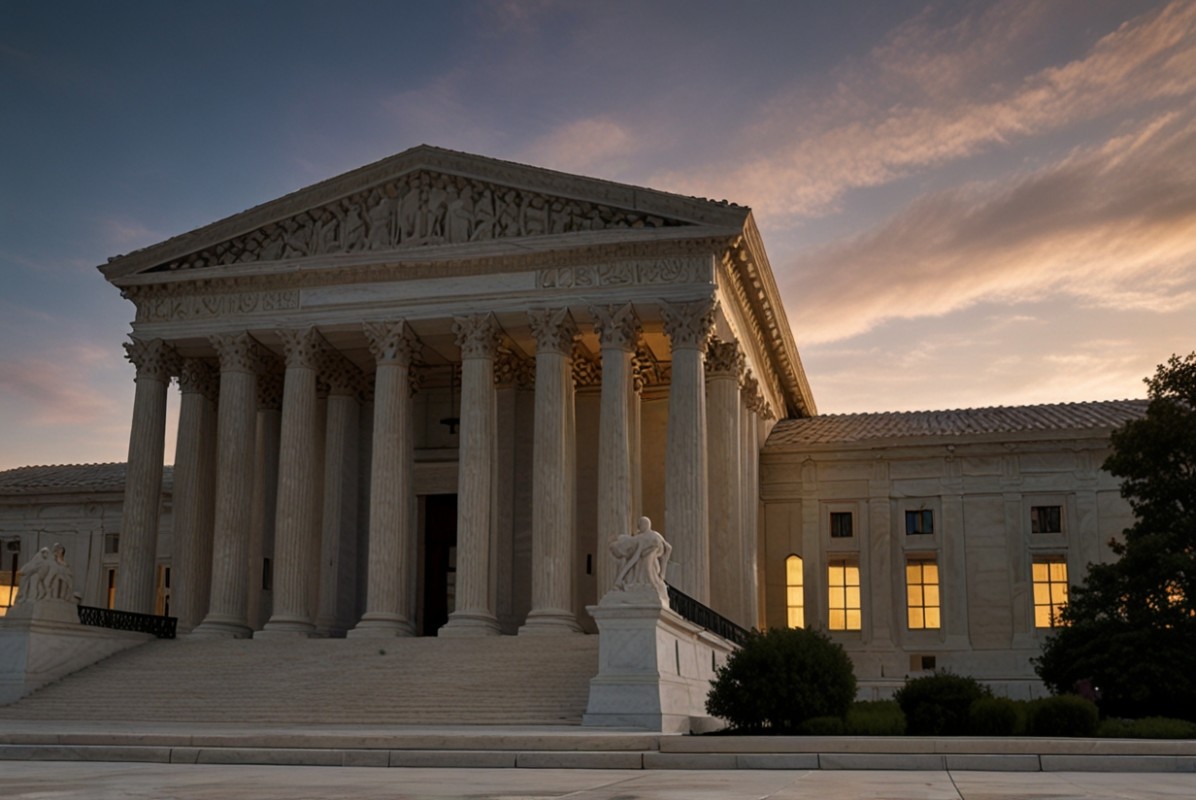U.S. House Committee Votes to Scrap SEC’s Cryptocurrency Custody Bulletin

Key Takeaways
Members of HSFC from both political parties supported the resolution, while 20 opposed it.
Rep. Mike Flood (R-Neb.) said banks consider custodial assets, including securities, to be “off-balance sheet.”
The U.S. House of Representatives’ Financial Services Committee took an important step by voting in favor of a resolution to repeal the Securities and Exchange Commission’s Employee Accounting Disclosures 121 (SAB 121). This resolution, known as HJ Res, is: 109 seeks to overturn the policy outlined in SAB 121, which requires SEC registrants to record an obligation to protect cryptocurrency holdings at fair value.
At a markup hearing on February 29, a majority of committee members, comprised of representatives from both sides of the political spectrum, voted in favor of the resolution. However, 20 lawmakers opposed this resolution. The House Financial Services Committee emphasized that repealing SAB 121 would strengthen consumer protections by removing barriers preventing regulated banks from acting as custodians of digital assets.
Republican Representative Mike Flood, who supports the resolution, criticized SAB 121, arguing that it unfairly hinders banks interested in managing crypto assets. Flood noted that assets under management, including securities and digital assets like Bitcoin, are generally considered “off-balance sheet” items for banks. He expressed concern that requiring banks to keep these assets on their balance sheets would have serious implications for their regulatory obligations, such as capital and liquidity requirements.
Flood emphasized that the current guidance effectively prevents banks from storing digital assets, presenting them with an unfavorable choice between inflating their balance sheets or abstaining from the market altogether. The resolution, co-sponsored by Rep. Wiley Nickel (D-N.C.), aims to repeal SAB 121, giving banks more flexibility in their approach to digital asset custody.
The bill passed the House 31-20, but SAB 121 needs approval from the full House and Senate before it can be repealed. Sen. Cynthia Lummis (R-Wyo.) introduced companion legislation in the Senate that signals broader legislative interest in addressing the implications of SAB 121.
The development of this resolution follows an October statement from the Government Accountability Office (GAO) noting that the law requires SAB 121 to undergo congressional review before it can take effect. Despite the committee’s vote, the fate of the resolution hinges on further legislative proceedings, including votes by both House and Senate members.
Putin Signs Bill Banning Digital Asset Payments in Russia New York Mayor Converts First Paycheck to Bitcoin and Ethereum Belgium Takes Initiative to Revive EU Blockchain Infrastructure Projects VanEck Talks to SEC for $1.75 Million Over Launch of BUZZ ETF agreement



